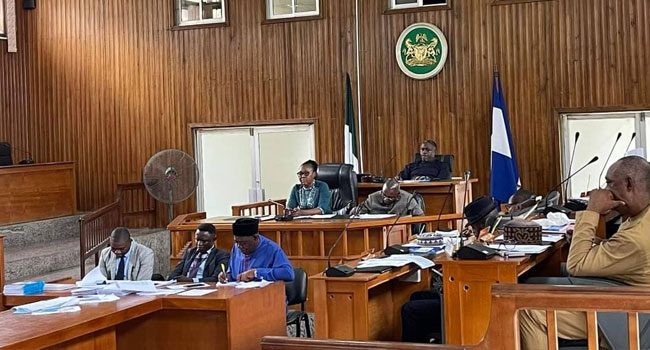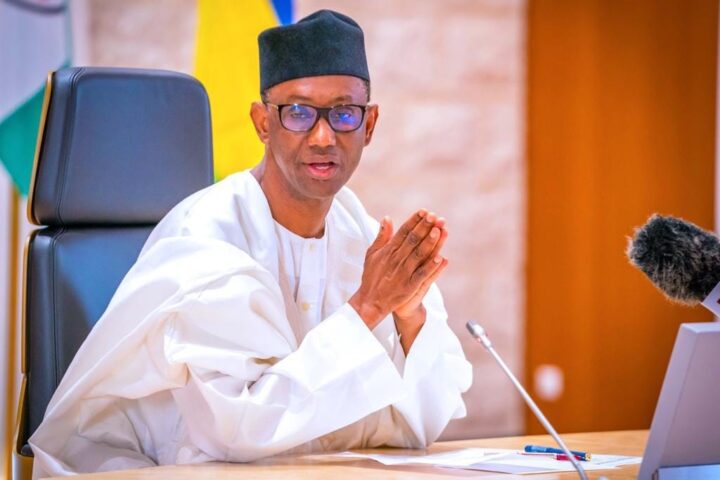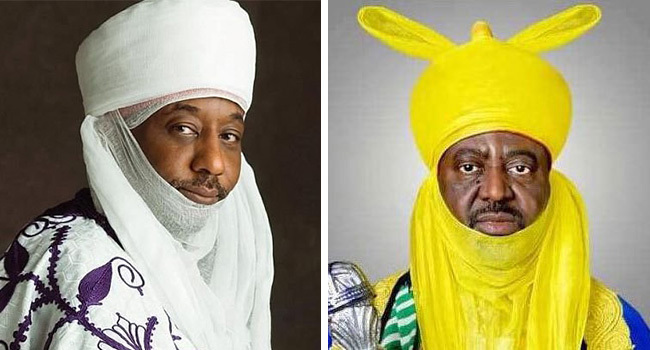Verydarkman remanded in police custody for cyberbullying
Controversial social media critic, Martin Otse, popularly known as VeryDarkMan, has been remanded in police custody until his next hearing, which is billed to be held next week Wednesday. Otse was reportedly arraigned at the Federal High Court sitting in Abuja on Wednesday for cyberbullying involving Nollywood actresses Iyabo Ojo and Tonto Dike, to […]
















